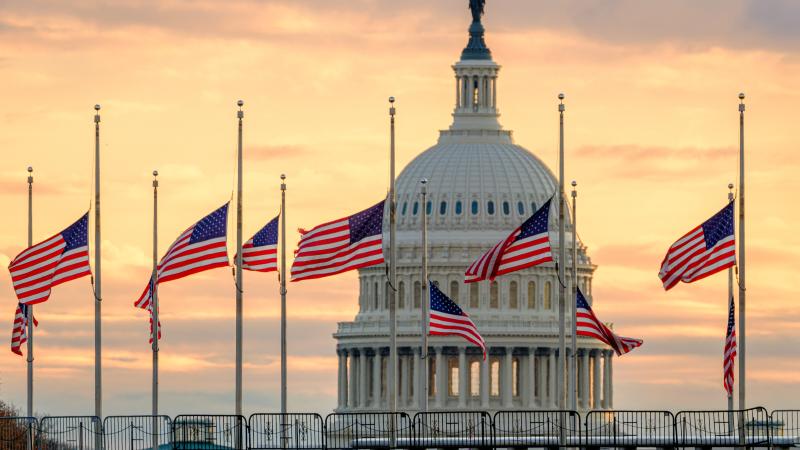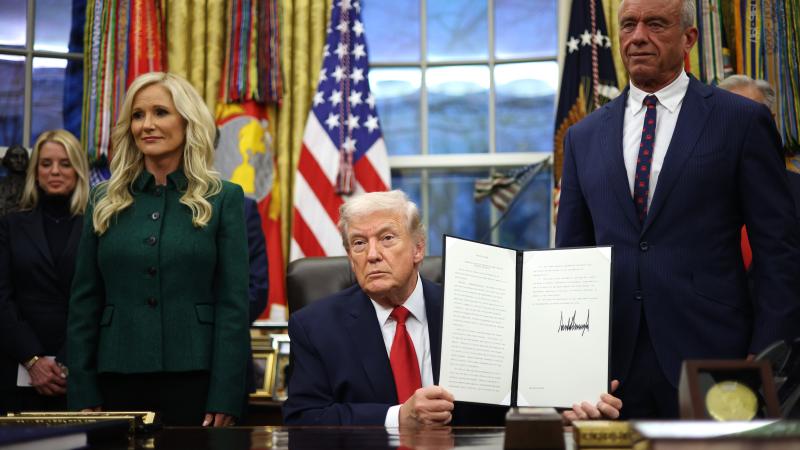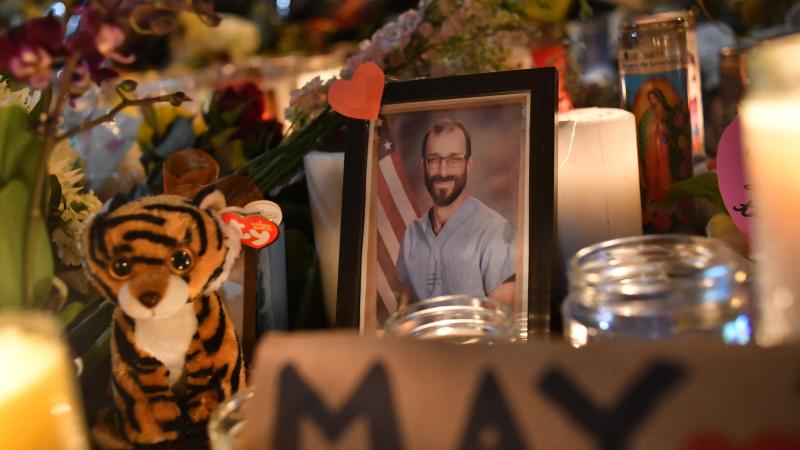Legislation seeks civilian roles for disqualified military recruits
Virginia has over 51,000 open cybersecurity positions in 2025, with only 77% of demand currently met—one of the largest workforce gaps in the nation, according to CyberSeek, a federal workforce data tool used by the U.S. Department of Commerce.
(The Center Square) -
Over three-quarters of young Americans are ineligible for military service, disqualifying thousands each year who still want to serve — a Virginia-led bill now aims to direct those individuals into civilian defense roles.
In response to gaps in cybersecurity, logistics and disaster response that continue to rise, lawmakers have created the Defense Workforce Integration Act, requiring the Department of Defense to create a formal pathway within one year for medically disqualified applicants to access civilian national security jobs.
A companion version has also been introduced in the Senate.
House Bill 3241, introduced by U.S. Rep. Jen Kiggan, R-Va., also mandates coordination with defense contractors, federal agencies and academic institutions to help fill critical workforce gaps.
"Every year, tens of thousands of young Americans are turned away from military service – not because they aren't willing to serve, but because of medical disqualifications that may have no bearing on their ability to contribute," said Kiggans.
She continued, "This bipartisan, bicameral bill strengthens our workforce, preserves talent, and reinforces our commitment to the defense industrial base at a time when global threats are growing by the day."
Virginia has over 51,000 open cybersecurity positions in 2025, with only 77% of demand currently met—one of the largest workforce gaps in the nation, according to CyberSeek, a federal workforce data tool used by the U.S. Department of Commerce.
"Every year, tens of thousands of young Americans who want to serve our country are medically disqualified from military service, leaving too much talent on the sidelines," said Rep. Jimmy Panetta, D-Calif. "By opening these new pathways, we can strengthen our defense workforce, bolster our national security, and enhance that American desire to serve."
Panetta's remarks come as military eligibility continues to decline nationwide.
Only two in five young adults meet both weight and physical activity requirements to join the military, according to the Centers for Disease Control and Prevention.
Obesity alone disqualifies about one-third of potential recruits, and the Department of Defense spends over $1.5 billion a year on obesity-related health costs for current and former service members.
The legislation also expands the Air Force's DRIVE program, which stands for Develop, Redistribute, Improve, Vault and Expose, a similar initiative that allows "highly qualified and motivated airmen" medically disqualified from Basic Military Training to continue serving the Air Force through civilian service.
It will also require better coordination with defense contractors and academic institutions and directs the Defense Department to refer medically disqualified applicants to civilian roles in national security.














